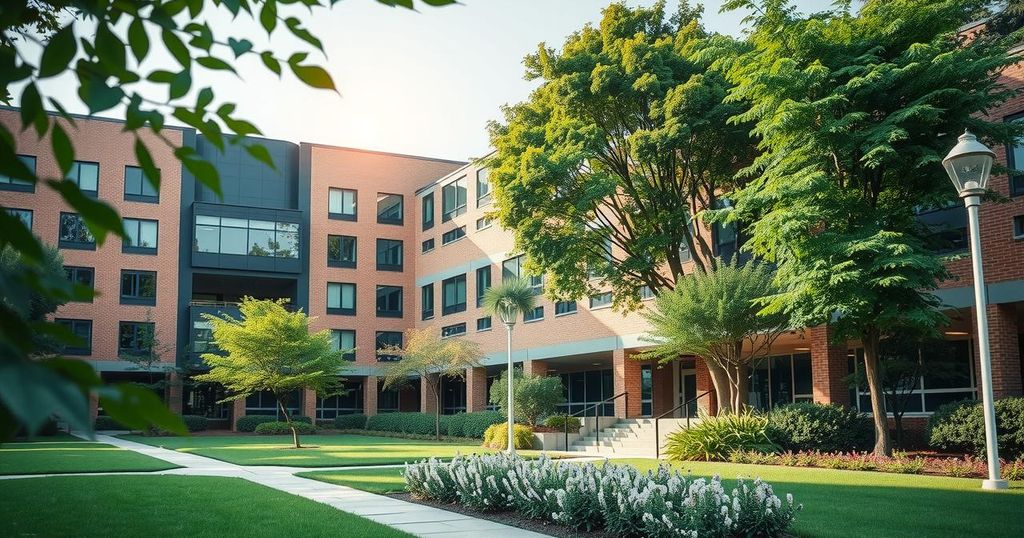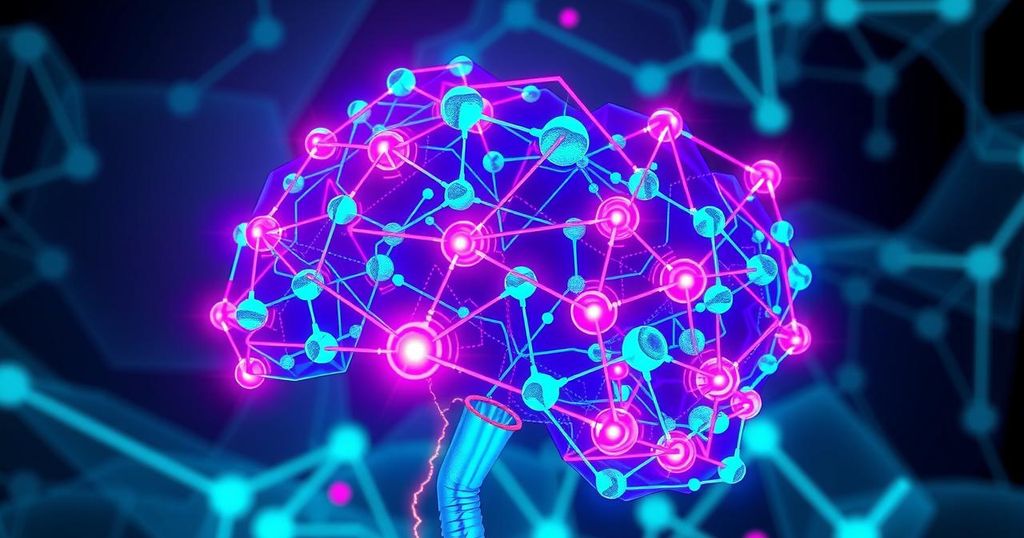Science
ASIA, BROWN, BROWN UNIVERSITY, DIVERSITY, EDUCATION, ENTREPRENEURSHIP, IF, IFTIKHAR, JEFF HUANG, LAHORE, LAHORE UNIVERSITY OF MANAGEMENT SCIENCES, MENTAL HEALTH, NATIONAL UNIVERSITY OF COMPUTER AND EMERGING SCIENCES, NORTH AMERICA, PAKISTAN, PROVIDENCE, R. I, SCIENCE, UNITED STATES, ZA, ZAINAB IFTIKHAR
Rajesh Choudhury
0 Comments
Zainab Iftikhar: Merging AI and Mental Health for Better Support Solutions
Ph.D. student Zainab Iftikhar at Brown University investigates how artificial intelligence can support mental health while emphasizing the importance of human empathy in therapy. Her research critiques the limitations of AI in understanding emotions and aims to align technological tools with traditional therapeutic practices. Iftikhar fosters a collaborative academic environment and promotes community-building outdoor activities for students.
Zainab Iftikhar, a doctoral student at Brown University, is tapping into the power of artificial intelligence for mental health support. She collaborates with psychologists and computer scientists to explore how AI can enhance, rather than replace, traditional therapy. With a compassionate ear, Iftikhar understands the value of human empathy, something AI struggles to replicate. Her journey, fueled by her upbringing in Pakistan and a merger of computer science and psychology, has led her to significant research in this emerging field.
From being the beloved ‘therapist friend’ of her social circle to diving deep into technology’s advantages, her work pushes boundaries. Iftikhar’s research, especially post the launch of ChatGPT, emphasizes the risks of developing unhealthy dependencies on technology for emotional support. She has become increasingly critical of AI’s role, studying its potential pitfalls and the disconnect between human expectations and machine interpretations of therapy.
In a pioneering study now under peer review, Iftikhar aims to underline ethical issues within AI-driven mental health tools. Alongside Associate Professor Jeff Huang, she has questioned how well AI aligns with the established practices of mental health professionals. One notable project revealed that an advanced empathy detection model performed poorly, suggesting that AI is still a few steps behind in understanding human emotions accurately.
Iftikhar is collaborating with a variety of researchers, including Nicole Nugent from Brown’s psychiatry department, to explore ways AI could assist in cognitive behavioral therapy. They are investigating how AI and human practitioners might work together for better mental health support. While she acknowledges that AI can provide education and coping strategies, it falls short of the nuanced understanding that a human therapist brings to the table.
Her journey in computer science has been backed by supportive faculty and peers, who contribute to a collaborative environment. She praises the open nature of her department, where camaraderie often leads to spontaneous problem-solving at any hour. Beyond academics, Iftikhar has initiated outdoor activities for graduate students, reinforcing that connection to nature and each other can provide essential breaks from rigorous study.
Those hiking trips began with just a handful of participants but quickly attracted a larger following, showcasing Iftikhar’s leadership and dedication to community building at Brown. With aspirations of combining her interests in social work, psychology, and academia, she dreams of imparting knowledge while continuing her own research. Encouraging fellow students to find joy in learning pushes her passion even further.
The landscape of mental health support is transforming, and Zainab Iftikhar stands at the forefront of weaving human emotion and artificial intelligence together, aiming to ensure technology serves humanity’s best interests.
Zainab Iftikhar is leading innovative research at Brown University, examining how AI can aid in mental health without overshadowing human therapists. Her studies highlight the essential role of empathy, which AI lacks, illustrating the need for collaborative frameworks between technology and human practitioners. As she fosters community among her peers and explores outdoor activities, she demonstrates a commitment to holistic well-being. Iftikhar’s work not only informs the future of mental health support but also underscores the irreplaceable value of human connection in an increasingly digital world.
Original Source: www.brown.edu




Post Comment